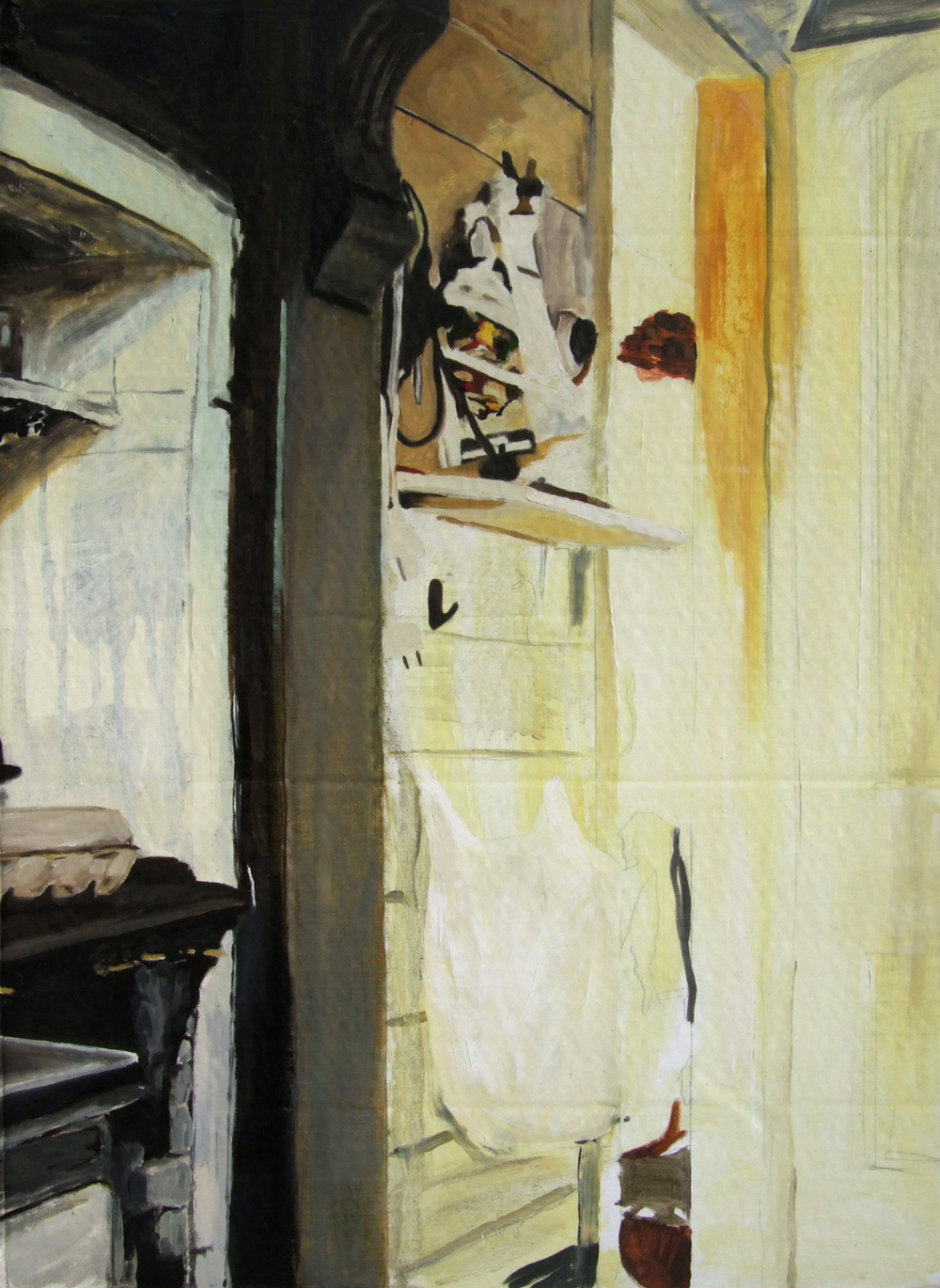New Chants of Ngati Katoa
A microphone
prods forest silence.
Bandwagons vent spleen
on late night radio’s phone-in.
Cutting up rough at a reunion,
the boys give it guts;
they give it guts;
they park their trucks;
and they give it heaps of guts.
Dancing woo-hooey masters of world
economics con the national mood,
preaching hoo-ha of the sinking lid.
Editors of infotainment in their wisdom
deliver a sermon
on hierarchies of the rubbish tip.
Fifteen Wallabies,
bombed by a bucket
of weedkiller,
are rendered zombies
on Eden Park’s turf.
Gallipoli sand grains
chase through an hourglass
to surpass
heights of mountains.
Hallowed salutations get squeezed to chur,
whazzup and bro, by Muzza and Gazza
raising a stinkfinger.
Ingarangi marches to the pub for his daily noggin,
with bagful of shag and pocketful of scroggin.
Jake the Muss jockeys Jase the Face,
to throw handfuls of hot quarrel
on an architectural-
award-winning raised roof.
Kiwi is a shy pet given to bush walks,
sticky-beaking, squawks,
and long distance travel by jet.
Last bastion of the fat lamb farmer
becomes butter-lust of the dairy farmer.
Mother of the nation, Hine-Nui-Te-Po,
is tohunga transgender with a Celtic moko.
Novelisations of local situations
gaze at navel after navel
within quiet rim after quiet rim
of volcano after volcano.
Open slather of the coast’s green curving cone,
poured with kauri gum, mountainous ice-cream,
and behold: hokey-pokey’s triple star reborn.
Parliamentary piss-artists take the cake:
flown with wine,
they toast vintage gossip straight from the vine.
Quizzical James McKenzie,
locked up in Lyttelton,
peering from the shroud of an oilskin,
is used to sell the high country.
Red-stained salads and sour aromas
rise from Beetroot Belters: vinegar
wit let out grudgingly through false choppers.
Stuffed armchair
critics elect to wallpaper
the view over.
Time to heat electric jugs and fill thermos flasks;
time to pull on wool socks;
time to raise backpacks;
time to stow hacky sacks,
time to put aside daily humdrum tasks.
Using inspired guesswork to gain refugee status,
the Devil is a postulant from some other country.
Vern Acular, that good keen bloke,
is the new big hopes
pastoral manager talking a blue streak up the boohai,
and he’s got my vote, yes sirree Bob, he’s got my vote.
Waist-deep in wool-pile carpets of embassies,
tongue stuck out: the tiki’s a dollar sign in a waste of signs.
Xmas is our backside of the year,
when rose moles and tattoos we bare
all in stipple to the sun’s pied beauty.
Your doolally walk
is a parody of Ponsonby beefcake,
as on the wild side you mince
through Rotorua’s Hell’s Gate.
Zealots with zeal are doing a haka:
kia kaha kia kaha,
hold fast, be strong, be strong:
the chant of us all, the Ngati Katoa
stompalong, stompalong.
Ode to the Beercrate
Beercrate, part of landscape,
part of folklore memory,
staple of nostalgia.
Spartan, pragmatic, transient, expendable;
low-cost, mass-produced, abundantly social.
Assemblage knocked together out of a few short pine slats with nails,
sometimes with a logo stencilled;
used by breweries as a container for holding glass bottles,
simple, almost elemental, totemic box, airy crate.
Stacked at the back of a pub in storage;
resembling street junk, mute but everpresent.
Unlabelled, stacked wooden pyramid,
fragile, yet enduring.
Block-like grid of horizontals and verticals,
bearing resemblance to state houses of the 1940s,
which is fitting because they celebrate the egalitarian ethos.
Put to the purpose for which they were made,
heavy clinking crates that symbolise plenty,
initiation, a necessary
part of hangi or wedding or barbecue.
Full of bottles, boozebarn accessories, macho,
but not as macho as an aluminium beer keg,
and ecologically more sound
than plastic webbing and plastic wrap.
An empty receptacle, the second-hand beercrate drifts,
becoming a platform for a speaker to stand on and address a crowd,
an extra seat at a party,
a shelf supporting a vase of flowers;
then forlorn, ending up as scrap,
splintered for firewood,
fed to flames.
